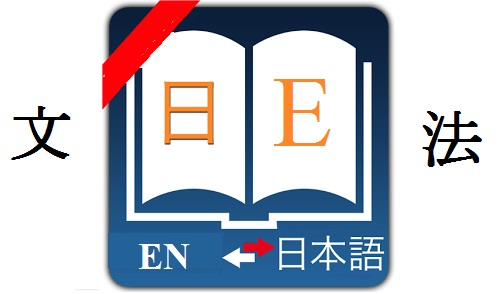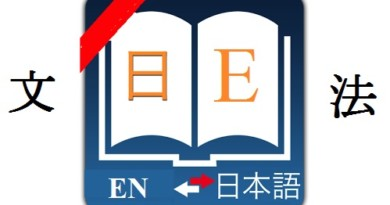Japanese ている grammar teiru

Let’s learn Japanese ている grammar teiru :
Contents
Japanese ている grammar teiru
JLPT level : N5
Formation :
Vて + いる
Japanese ている grammar teiru
Meaning and how to use :
1. This is a verb form, describe an action happening at present.
For example
私は手紙を書いている。
Watashi ha tegami o kai te iru.
I’m writing letter.
母はご飯を食べています。
haha ha gohan o tabe te i masu.
I mom is having meal.
皆はテレビを見ています。
mina ha terebi o mi te i masu.
Everyone is watching TV.
2. Describe action happening in the past and keep going on to present.
For example
昨日の晩から今まで彼女はずっと泣いている。
kinou no ban kara ima made kanojo ha zutto nai te iru.
She has been crying since yesterday.
息子はベトナムに留学している。
musuko ha betonamu ni ryuugaku shi te iru.
My son is studying abroad in Vietnam.
大学を5年も通っているのにまだ卒業できない。
daigaku o go nen mo tootte iru no ni mada sotsugyou deki nai.
I has been study for 5 year in university, but I can not graduate.
Japanese ている grammar teiru
3. Describe a result of an action in the past and it’s remains and keeps going at present.
For example
今は暇休みなので、授業が終わっている。
ima ha hima yasumi na node, jugyou ga owatte iru.
This is noon break, so all the class have stopped.
横浜に住んでいます。
yokohama ni sun de i masu.
I have lived in Yokohama.
4. Describe the repetition of an action.
For example
父は毎朝経済新聞を読んでいる。
chichi ha maiasa keizai shinbun o yon de iru.
My dad reads economic newspaper every morning.
彼はいつもこのレストランで昼ご飯を食べています。
kare ha itsumo kono resutoran de hiru gohan o tabe te i masu.
He always eat in this restaurant.
5. Describe an unchange state.
For example
だれでも私と父がよく似ていると言う。
dare demo watashi to chichi ga yoku ni te iru to iu.
Everybody says that I and my father look alike.
この道はうねうねしている。
kono michi ha uneune shi te iru.
This road is zigzagging.
Japanese ている grammar teiru
6.Describe an experience. It’s used to recall something in the past and is said to be related to now time.
For example
世界運動大会に参加しているが、結局は負けた。
sekai undou taikai ni sanka shi te iru ga, kekkyoku ha make ta.
I have ever taken part in olympic, but finally I lost.
アジアの中で旅行している。
ajia no naka de ryokou shi te iru.
I have ever travel around asia.
Note: In spoken language we tend to remove “い” to say “~てた”, “~てる”.
In the 5th usage, this structure is in “Vた” form, not “Vている” form, when combining with verbs. The sentence will be more natural.
Related structures :
ていない teinai
をしている woshiteiru
ている teiru
Ref : tuhoconline
above is Japanese ている grammar teiru. if you don’t understand the signs we used in fomation, you can find their meaning here : signs used in Japanese grammar structures.
You can search the structure you want by using the search tool on our website (using key : grammar + ‘structure name’ or you can find more Japanese grammar structures in the following category : Japanese grammar dictionary
